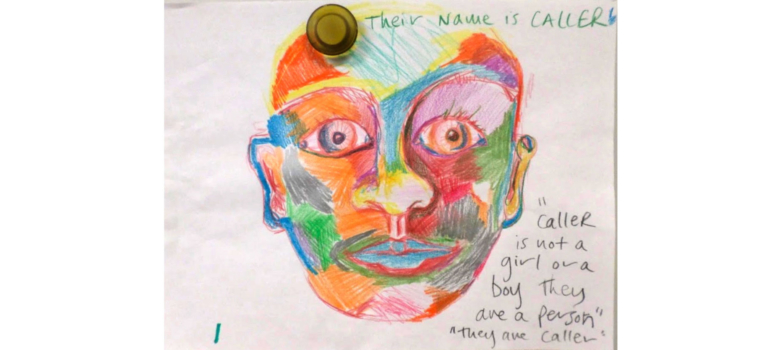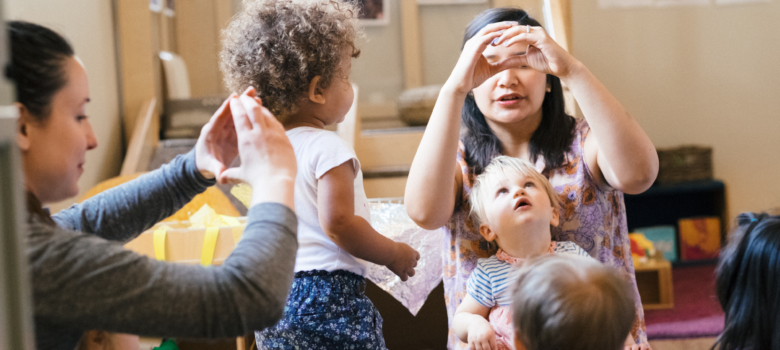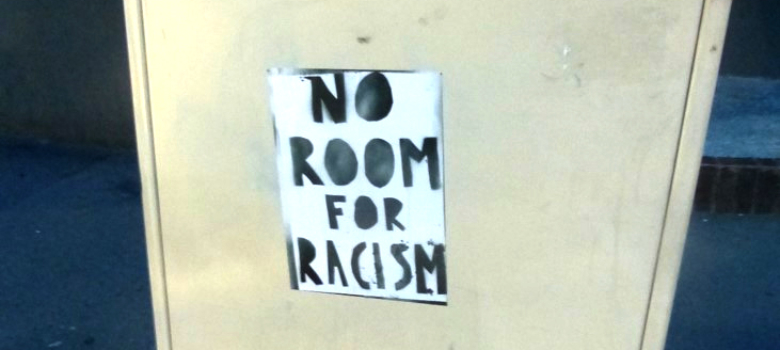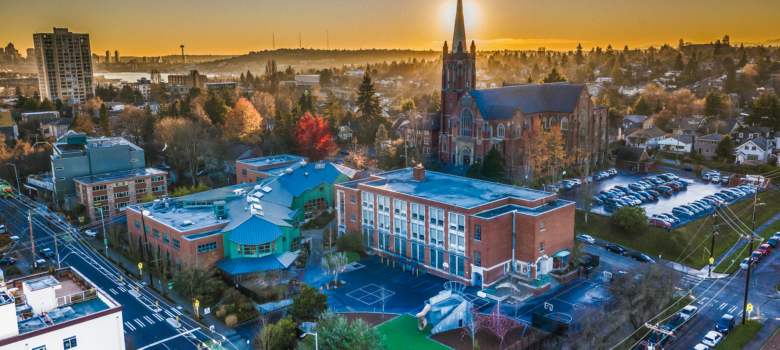Elise Ricci shares her thoughts about and experiences with volunteering and building community with non-profit organizations. -Ed.
– – – –
What does the word community mean to you? Do you think of your neighborhood? Your geographical location? Your close friends from college? Your country of residence? The concept of community can be narrow, or extremely broad.
How do you engage with your community or give back? How do you participate in the myriad options available to you to get involved, whatever the occasion? It can be daunting when you’re considering how, or when, to get involved or volunteer, or step into a new community. There are often more questions than answers the first year you enter a new community and volunteer. What is the culture like? Will I fit in? Will I like the people? Will I enjoy the geographical place and spaces?
The phrase taking the first step is appropriate here. Literally, this phrase implies making contact between your foot and the earth beneath you. It’s a good place to start when considering your involvement. Where do you naturally spend the most time—your home, your child’s school, your place of business? And, what are your passions?
From here, you can narrow your focus (especially if you’re pressed for time) to volunteer opportunities that align best with your interests. I encourage my closest friends and family members to volunteer with causes they care about. When you give back, you often learn something about yourself and it helps broaden your thinking and skill sets while making you feel good.
I remember when I first volunteered with 501 Commons, a local organization that pairs volunteer ‘consultants’ with non-profits looking for a particular skill set to help elevate a program. I was nervous. I didn’t know what to expect, I didn’t know who I would be working with and if the volunteer project would be a good fit.
My first volunteer ‘job’ was working on a communications plan for the Marysville Food Bank—I drove 1.5 hours round trip every other week in the summer and sat in the Food Bank with the Executive Director, (i.e. the Operations/Development/Facilities Director extraordinaire), and a few members of the Board. Together, we talked about the opportunity to create a stronger communications and outreach plan while acknowledging the limited staff hours available to the project. In the end, we created a communications plan that elevated their community outreach while being mindful of staff time constraints and the mission of the organization—and a big part of the plan we created was elevating an relying on volunteers to help get the work done! The project taught me that even though it wasn’t my direct community, I was extremely invested in their goals and made a difference in their community as a volunteer.
I’ve dedicated my career to non-profits, simply because I believe in the social capital they create in our communities. I also understand it’s not always reasonable, possible, or feasible to volunteer. When I start to think this way, I remember how grateful I am to work in a school where so many of our parents, alumni, and teachers go above and beyond to shape our school community. Our school is nothing if not for the people who have passed through our walls and given us their time and attention. It’s how we (or anyone!) grows. From the ground up!





